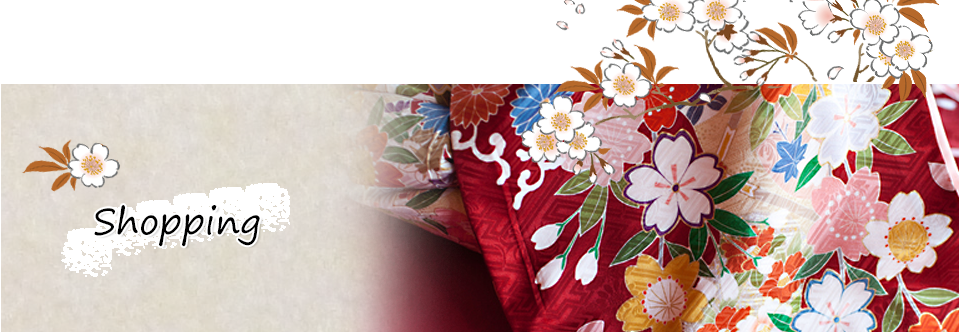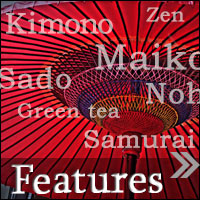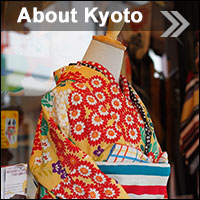Tea Utensils
What is Tea Utensils
Sado, Tea ceremony is one of the culture of Japan which is well known the word as same as Sushi.
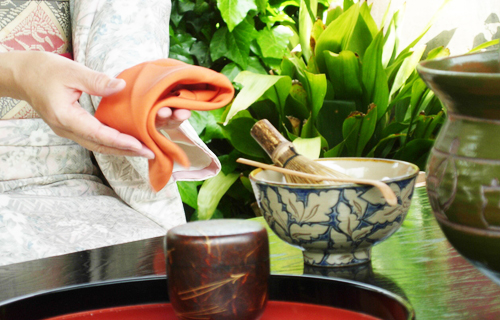
But many people know it is a ceremony which is related with green tea, and that’s it. Basically, there is two types of Tea ceremony classified by place, “Nodate” outside and “Chashitsu” in a building.
History
The tea tree arrived Japan during Heian period by abroad monks to China. They also brought some books about cultivation, tools, How to and history which have enough information to establish tea custom in Japan.
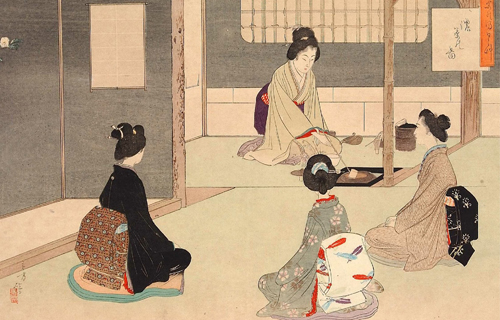
The expert of tea ceremony “Sen no Rikyu”
Tea ceremony (Sado) is not possible without to talk about “Sen no Rikyu” (1522-1592). He was a merchant and tea ceremony master
He was worked for “Nobunaga Oda”. Nobunaga was the head of Samurai who was almost unified Japan during the battle age. Later Shogun “Hideyoshi Toyotomi” and “Ieyasu Tokugawa” were subordinates of Nobunaga.
Rikyu was the head of the department of tea ceremony worked for “Nobunaga Oda” and Shogun “Hideyoshi Toyotomi”.
His job was even related with the politics.
His tea ceremony denomination became the main stream which put the importance to avoid extra things and make tense atmosphere.
He was closed his life at 70 years old by order of one of a general of Shogun Hideyoshi Toyotomi, in Daitokuji temple.
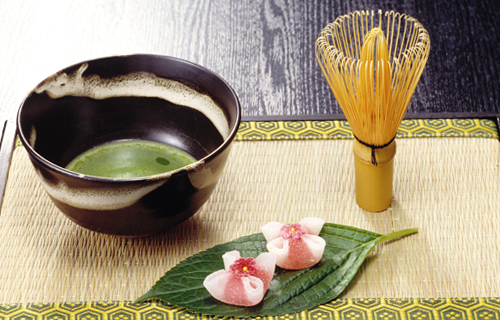
Kyoto and Sado
In Kyoto, aristocrats were drinking tea as usual drink. But the tea became popular during Kamakura period. Originally tea treated as same as a medicine, and a monk wanted to broaden the effect of tea to the public, published a book and lectures to the people.
The Uji area of Kyoto became a huge tea production area at that time.
The culture starts to become popular by supply and the monks public relations. After that tea ceremony was developed through the several shogunate and aristocrats culture combined with Zen of Buddhism.
Many of the tea ceremony denomination have their head quarter in Kyoto and they help many festivals with tea tasting events at the same time.
Their activity and culture is the part pr Kyoto culture without doubt. The tea utensils is also famous product of Kyoto.
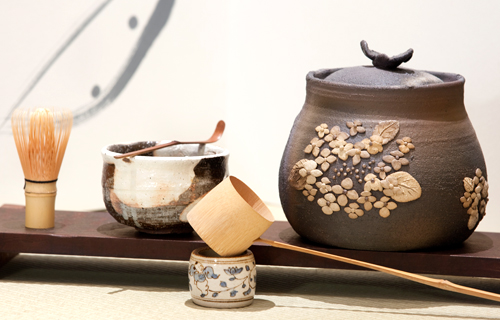
- Kimono
- Kimono
- Happi Coat
- Geta/Zori
- Traditional Crafts
- Kyoto Hina Doll
- Hyogu
- Kyo Yuzen-zome
- Kiyomizu Pottery
- Pottery/Lacquer
- Plaything
- Hyakunin-isshu
- Buddhist alter fittings
- Buddhist alter fittings

